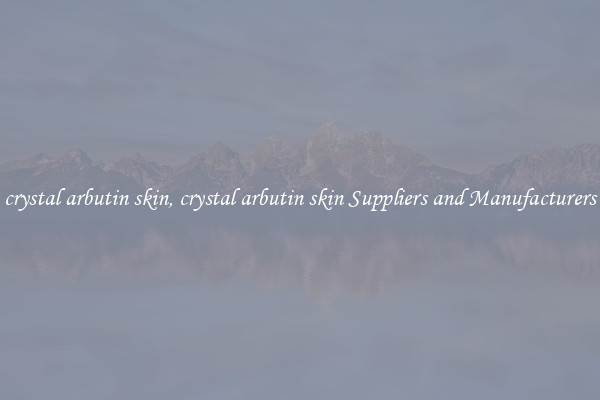pineapple skin, pineapple skin Suppliers and Manufacturers
Pineapple is a tropical fruit loved by many around the world for its sweet and tangy flavor. But did you know that the skin of a pineapple, often discarded as waste, holds a lot of potential and has various uses? In recent years, pineapple skin suppliers and manufacturers have gained attention for their innovative approach to utilizing this byproduct.

Pineapple skin contains a high amount of fiber, making it an excellent source for textiles. This fibrous material can be extracted and woven into textiles suitable for clothing, upholstery, and even shoes. By transforming pineapple skin into sustainable fabrics, this industry is contributing to the reduction of waste and the promotion of eco-friendly alternatives. The resulting textiles are not only durable and versatile but also have a distinctive and appealing texture.
The demand for sustainable and environmentally friendly products is increasing and pineapple skin suppliers are stepping up to meet these demands. With the rise of the fashion industry's focus on sustainability, designers are turning to pineapple skin textiles as a viable option. These textiles not only provide an eco-friendly alternative to conventional fabrics but also bring a unique and exotic touch to fashion collections.
Apart from textiles, pineapple skin can also be used to produce various other products. For example, it can be processed into natural cleansers and exfoliants due to its enzyme content. Pineapple skin is rich in bromelain, an enzyme known for its exfoliating and moisturizing properties. This makes it an ideal ingredient for skincare products, contributing to the growing trend of natural and organic skincare.
Pineapple skin suppliers and manufacturers play a pivotal role in this market, ensuring a steady supply of quality raw materials. They work closely with farmers and pineapple plantations to obtain the skins from the fruit that would otherwise go to waste. This collaboration helps not only in reducing waste but also provides additional income to farmers, creating a more sustainable and circular economy.
It is encouraging to see the increasing number of pineapple skin suppliers and manufacturers entering the market. This highlights the potential and the bright future pineapple skins hold in various sectors. The demand for sustainable alternatives is growing rapidly, and this byproduct offers a unique solution.
In conclusion, pineapple skin suppliers and manufacturers have found innovative and sustainable ways to utilize this byproduct of the pineapple industry. From textiles to skincare products, pineapple skin has proven to be a valuable resource that can contribute to a more eco-friendly and sustainable future. With its distinctive features and versatility, pineapple skin is gradually becoming recognized as a valuable material, helping to reduce waste and create a more circular economy.

View details

View details

View details

View details







